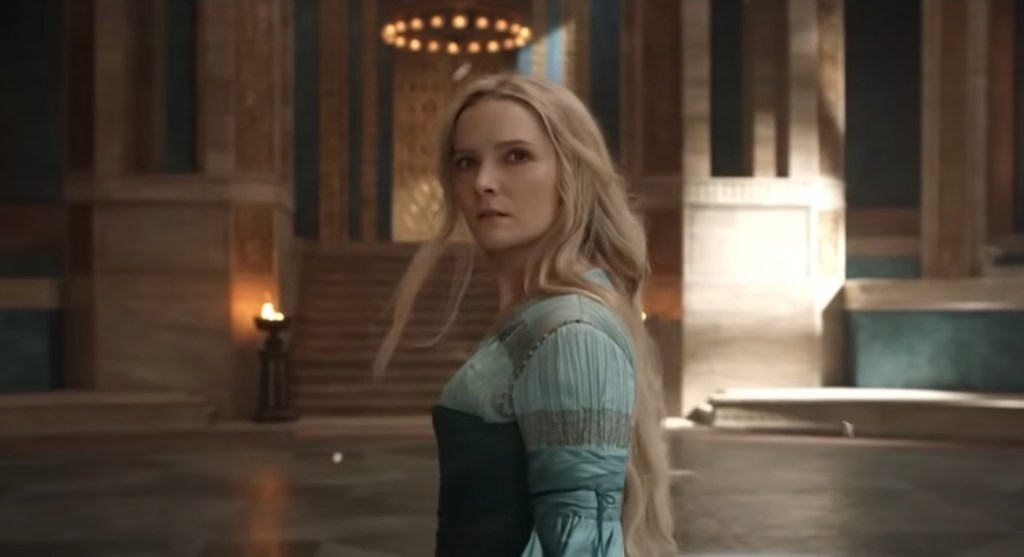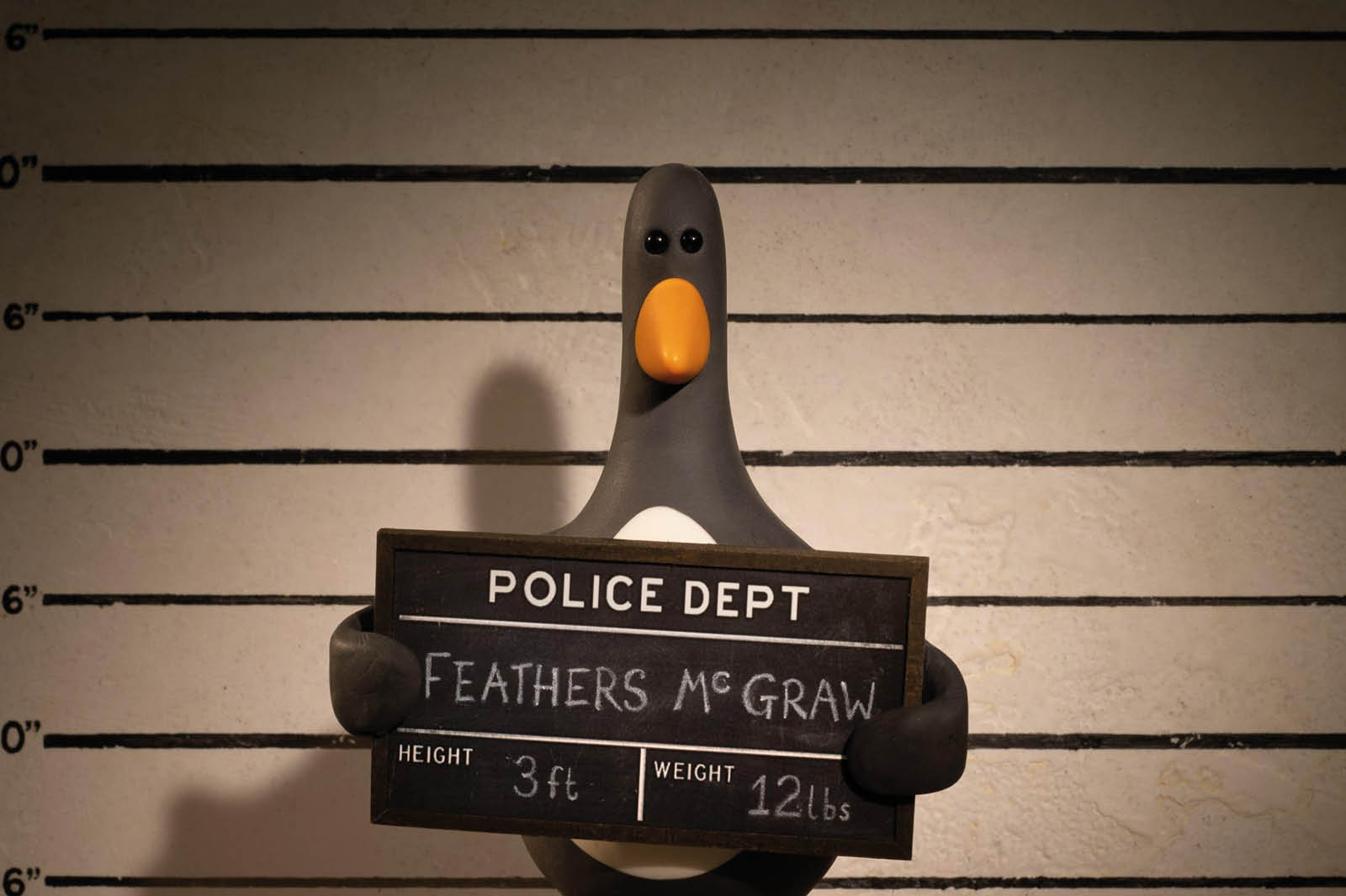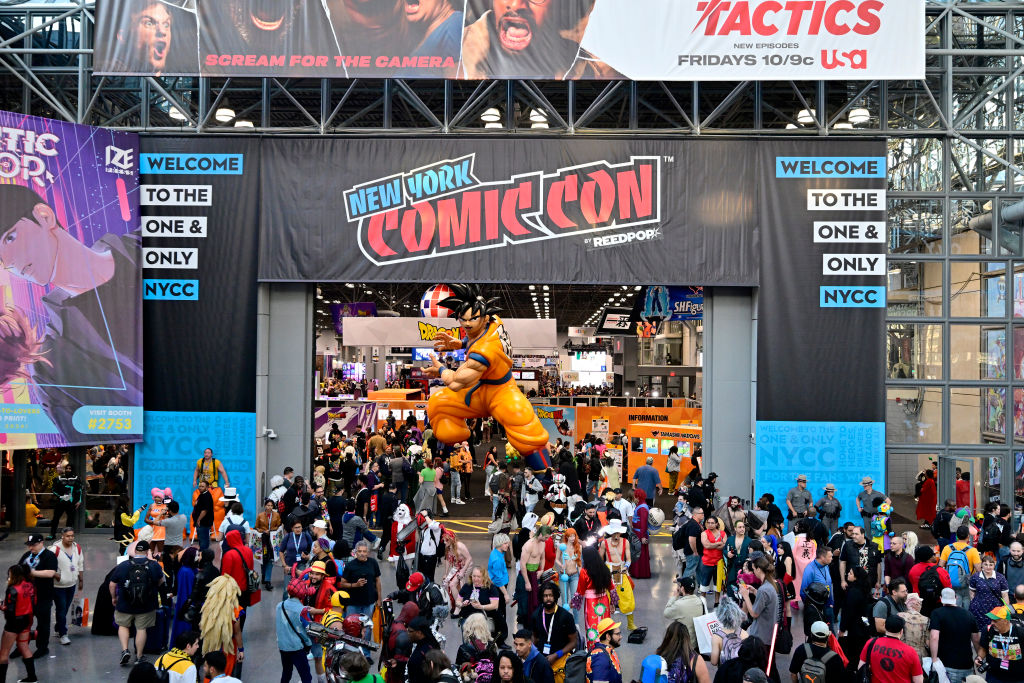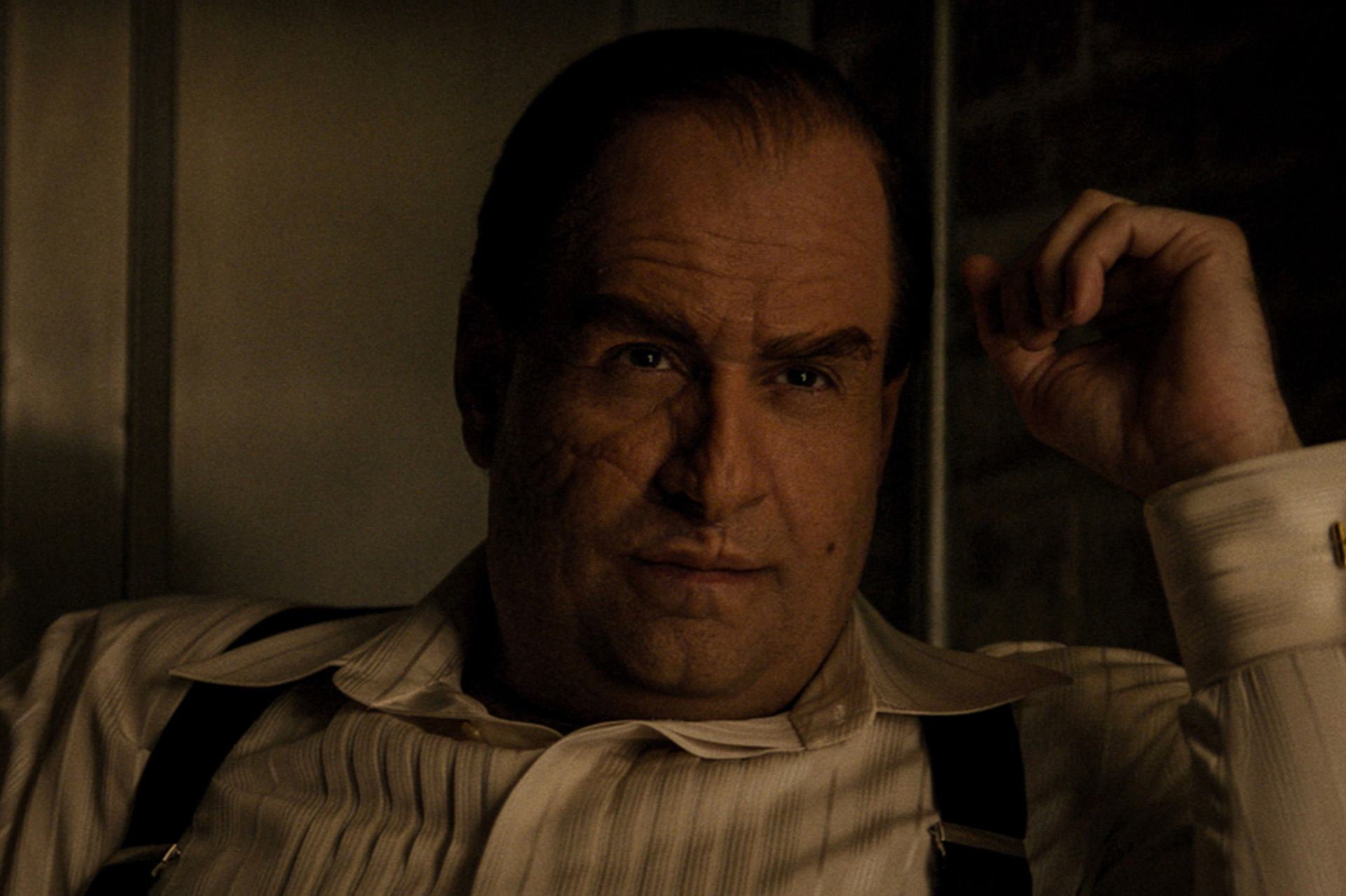In 1969, Henry Beard and Douglas Kenney, future founders of National Lampoon, published a satirical takedown of J.R.R. Tolkien’s Lord of the Rings, entitled Bored of the Rings. It holds up remarkably well today as a closely observed parody of Tolkien’s more windy stylistic tics. One critic, David Bratman, remarked, “Those parodists wrought better than they knew. I think it is highly significant how close Tolkien came to inadvertently writing the parody version of his own novel— and how completely, in the end, he managed to avoid it.”
Yet recent news that the “official” Lord of the Rings series is to have yet more film adaptations made of it should not only send any right-minded cineaste into a fit of despair, but make us wish that Beard and Kenney might return with another near-the-knuckle parody of what has become an increasingly unwieldy and sprawling Tolkien industry. Warner Brothers and New Line have announced that “for all the scope and detail lovingly packed into the two trilogies, the vast, complex and dazzling universe dreamed up by J.R.R. Tolkien remains largely unexplored.”
So the opportunity has arisen to create an expanded cinematic universe that will somehow nod to the Peter Jackson films and Amazon’s Rings of Power series, but will also include the apparently endless apocrypha that appears on a virtually annual basis.
This is deeply depressing news for anyone who cares about either cinema or literature. Even the most committed fans of the Lord of the Rings saga must acknowledge that the original trilogy of pictures did a near-perfect job of turning the books into masterful works of cinema. The hubris and repetition of the Hobbit films, which turned one short children’s novel into three further three-hour films, should have been a warning to leave this material well alone. But Warner Brothers and New Line are anxious not to leave this particular cash cow unmilked.
It is not hard to see the appeal. Rings of Power survived a lukewarm critical response to become Amazon Prime’s first really successful homegrown show, and J.K. Rowling’s continued controversy means that the Harry Potter expanded universe seems to be largely becalmed on screen for the time being. Warner Brothers needs a big hit again, and Lord of the Rings is the closest that any studio has to a can’t-miss franchise.
Still, I’m not so sure that lightning will strike twice. Part of the reason for the success of Jackson’s original trilogy was enticing people like me, who abhor fantasy fiction, into theaters with its blend of stirring adventure, epic battle scenes and minutely detailed worlds. It wasn’t all that far from Gladiator or Braveheart at times, and all the better for it, anchored by Viggo Mortensen’s deservedly star-making performance as the heroic Aragorn.
Yet as the wider Tolkien universe disappears into its fundament, the chances of the new films being operatic and accessible seem markedly slight. Instead we can expect self-indulgence by the bucketload, flashy yet mediocre special effects and a cast considerably less gifted than the one that Jackson assembled: no Ian Holm, no Christopher Lee and probably no Ian McKellen, either.
If anything else Tolkien-adjacent is going to be made, I’d rather see a trilogy of films based on Bored of the Rings: at least they’d be intentionally funny, whereas the self-importance of this particular elf-fest has long since driven the rest of us into the deepest, darkest pits of Mordor.

























